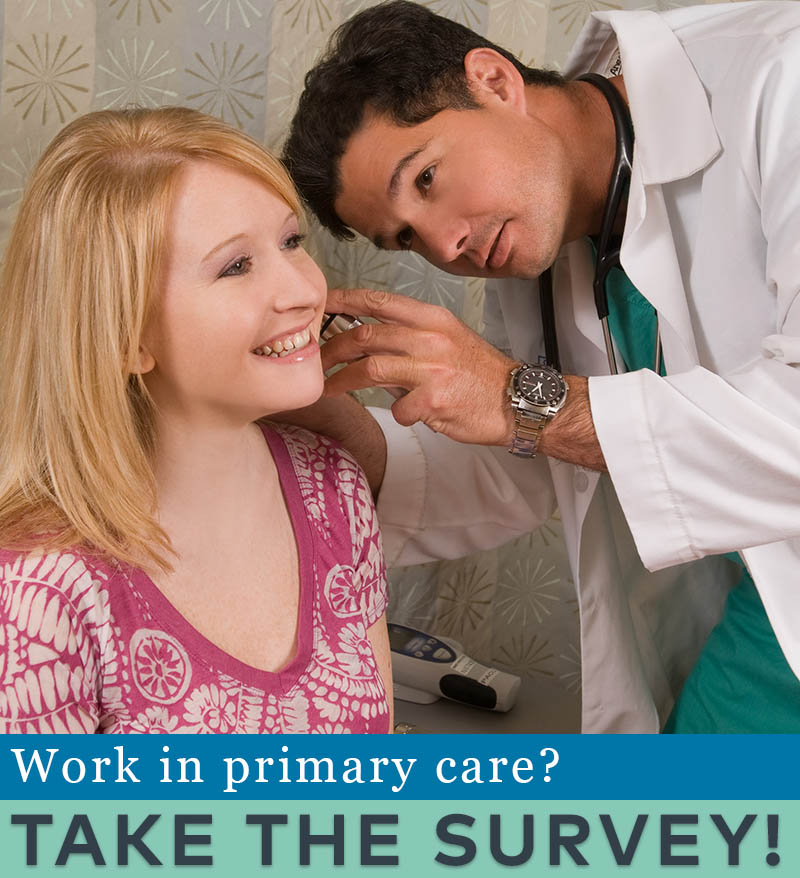You are looking at an archived version of our site. Please visit thepcc.org for a fresh, new experience!
You are here: Array » PCC Statement on Racis ...
PCC Statement on Racism and Equity
In the wake of police brutality and pervasive racial injustice, which has spurred numerous, ongoing demonstrations across the country, the Primary Care Collaborative (PCC) reaffirms its commitment to racial equity.
PCC underscores this commitment in the midst of the COVID-19 pandemic, in which Black and Brown people have suffered disproportionately in the number of cases and deaths. Furthermore, PCC recognizes that structural racism contributes to inequities in health care and that our country’s healthcare system itself, like many other systems, perpetuates discrimination and inequities and must be reformed.
PCC, as an organization whose mission is to convene and unite a broad group of public and private organizations to strengthen primary care, is well-positioned to help address racial inequities in health care. PCC’s commitment to doing so is reflected in its vision for primary care, embodied in the seven Shared Principles of Primary Care.
Working with the primary care community, the PCC and FMAHealth spearheaded the development of these principles, which were introduced in October 2017. To date, more than 350 organizations representing diverse healthcare stakeholders have adopted them. They are a vision to move the United States toward a vibrant future of person-centered, team-based, and community-aligned primary care. PCC affirms the goals of these principles - that individuals are valued, have agency, and deserve health and wholeness in all aspects of their lives - physical, emotional, psychological and spiritual, as well as according to their cultural, linguistic and social needs.

The third of the seven Shared Principles is “comprehensive and equitable” and inspires primary care clinicians to “seek out the impact of social determinants of health and societal inequities” and to “partner with health and community-based organizations to promote population health and health equity, including making inequities visible and identifying avenues for solutions.”
The Shared Principles guide the policy and programmatic work of PCC. For example, the Shared Principles guide PCC’s policy and advocacy work with Capitol Hill and the administration; frame efforts related to care-delivery reform, e.g., PCC’s oral health and primary care integration work; and inform our educational programming. In addition, this lens has informed our work with the Larry A. Green Center and 3rd Conversation with respect to surveys of clinicians and patients.
Recent events have convinced us that we need to redouble our efforts in this area. We will continue to stand for equity across racial and ethnic lines and work toward ensuring that people who have been unrecognized and underserved receive the kind of health care and support for their health that they deserve. We stand with our allies across the community to advance this vision of racial justice and health equity.

Are you a physician, nurse practitioner, or PA working in primary care?
Help PCC and the Larry A. Green Center track how your practice is responding to the COVID-19 outbreak by completing the Green Center's occasional survey.
The regular surveys are no longer being conducted.
COVID-19 Updates
May 9, 2022 | Primary Care Collaborative
April 19, 2022 | Primary Care Collaborative
April 19, 2022 | Primary Care Collaborative
March 7, 2022 | STAT
February 27, 2022
- 1 of 39
- next ›

Related Content:
Recent News
August 16, 2024
August 12, 2024
July 16, 2024
May webinar highlights: “The Commercial Market: Alternative Payment Models for Primary Care” Nate Murray explains w… https://t.co/KX9Wi2w6oY —
2 years 7 months ago
@CMSinnovates’ primary care strategy is rooted in a 2021 @theNASEM’s report which called #primarycare “foundational… https://t.co/glbPxvCysg —
2 years 7 months ago
@CMSinnovates has a new #primarycare strategy, envisioning “ACO-based primary care model tests that may focus on pr… https://t.co/aJGF1z411l —
2 years 7 months ago
- Page 1
- ››
Secondary menu
Copyright © 2024 Primary Care Collaborative




